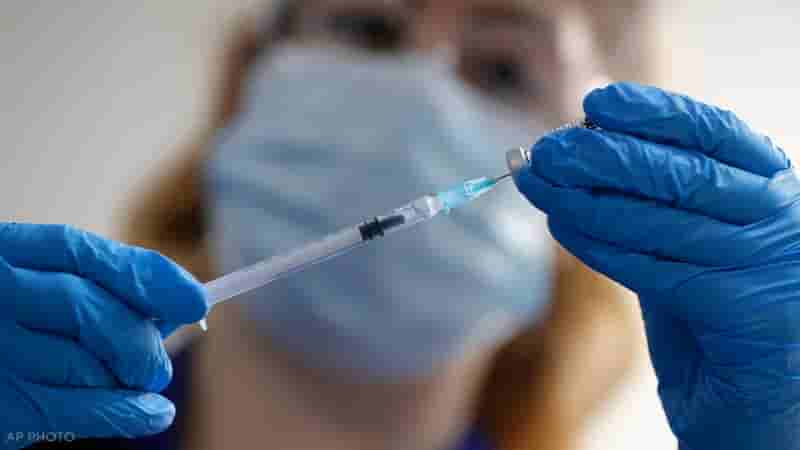A huge chunk of Houston’s population is not ready to adhere to the government calls for them to vaccinate against COVID-19 amid what people claim as “inadequate awareness” about the side effects and the long-lasting effects of vaccines.
In a Houston’s Sunday morning political debate show, locals were asked why they have been refusing to get vaccinated and taking a cue from what was said by the respondents — many of them are still having second thoughts on receiving shots of coronavirus vaccines because they are not even aware of what awaits after injection.
According to Gregg Grooman of Fox26, they’ve been asking over hundreds of viewers and people on social media as to why they wouldn’t want to be vaccinated amid the new spike of COVID-19 infections across the United States.
One of their respondents, Devin Quave, said: “There is not enough data of the side effects and the long-lasting effects of the vaccine. The vaccine was rushed in my opinion. I also can’t seem to find accurate data on the new Covid variant to know exactly what I’m faced with.”

Another respondent, Harley Morton, said that most people not getting vaccines just did not seem to trust what he claimed as “political vaccines” that go with what he claimed as a man-made virus.
Another viewer by the name of Kelly Winger said he doesn’t need one, adding that his antibodies are “extremely high.” One said that he’d rather be in the company of fully vaccinated persons.
One Linda Rowe said: “I will not answer either way because the government and the media are working together to get into Americans’ personal health choices. There is no trust in the government or the media.”
Public hesitancy in getting vaccinated has been a major concern as a significant chunk of the U.S. population seems reluctant on being injected with the COVID-19 vaccines, especially after reports hinted at individuals contracting the disease even after receiving two doses.
Interestingly, the state health agencies cited figures which tend to show lower infection rates in areas with high vaccination rates.





